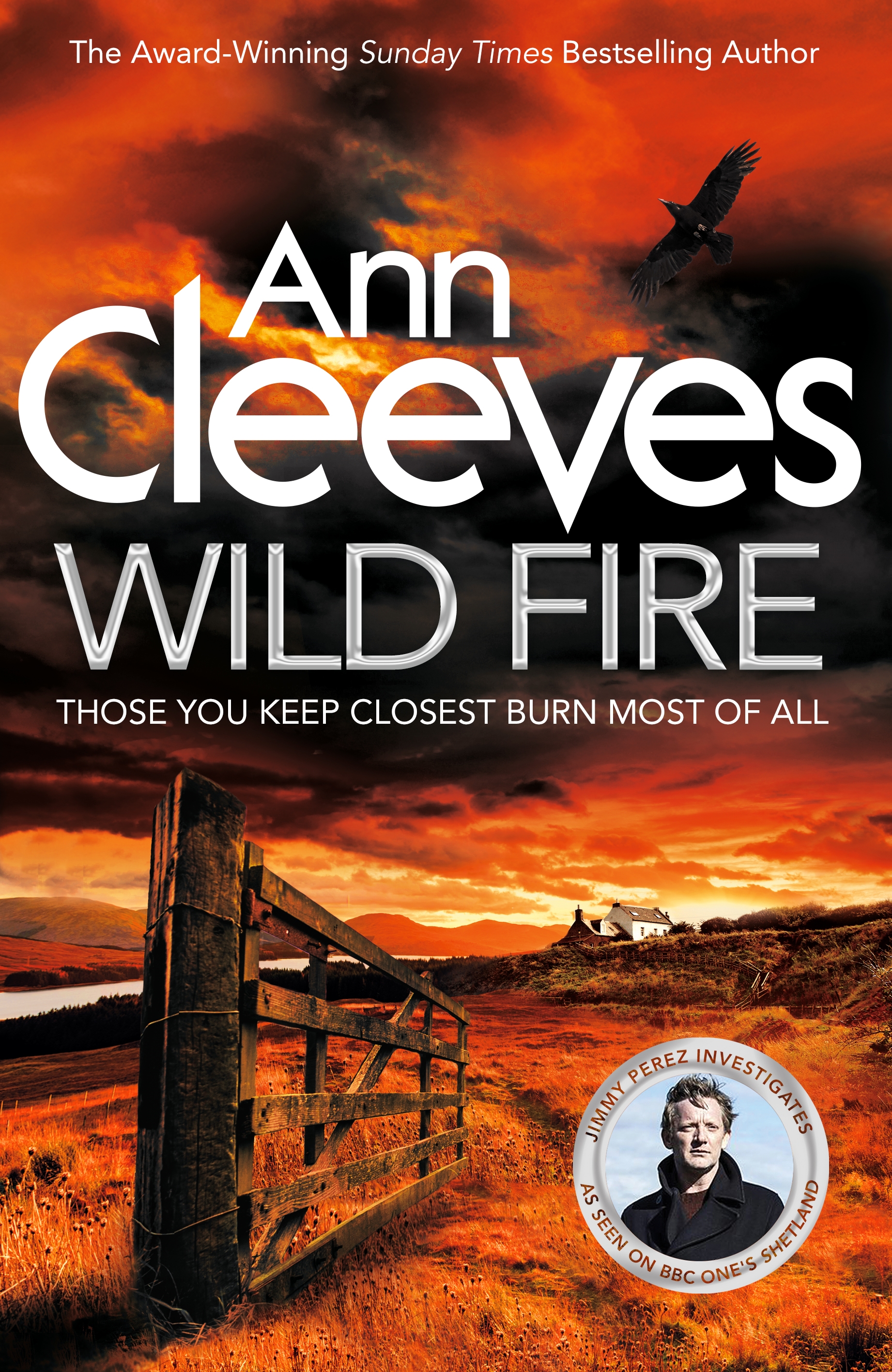Dear Evelyn by Kathy Page
“He and Evelyn were on holiday, in Devon in the summertime. They walked arm in arm on a path that took them past mounded rhododendrons and azaleas, past stately trees and broad lawns. On the hill behind them stood a sandstone manor house covered with purple wisteria, ahead of them an oak wood which shimmered with bluebells. Evelyn wore a light, sleeveless summer dress and a white cardigan and big, film-star sunglasses. As they entered the wood she removed them, breathed deeply, turned to Harry, smiled.”
This passage comes late in the novel Dear Evelyn by Kathy Page, winner of the 2018 Rogers Writers’ Trust Fiction Prize.
The novel begins with Evelyn and Harry when they are children, Evelyn raised by a mother who tolerates her father’s alcoholism, and Harry a scholarship boy at a public school. Both find escape in books, Harry in the work of the First World War poets and Evelyn with Daphne du Maurier. They meet at a library, two young people determined to make better lives for themselves than their parents did. For Harry it is love at first sight – then and for always.
Then comes the Second World War, and separation while Harry serves overseas. Then the years of upward mobility and children born and raised. Harry never wavers from his role as responsible father and loving husband. Evelyn though grows more and more controlling, and easily irritated. But, these are people who believe in the sanctity of marriage, and this is a time when ending a marriage is seldom an option. Marriage is for life and these two are stuck like glue, no matter what comes their way. And, we see, as they do, that sometimes that is for the best.
We become an intimate witness to the married life and relationship of Evelyn and Harry. We see more clearly than they do what changes and what remains the same through easy times, and hard. Harry’s love never wavers, Evelyn is his everything.
“Evelyn was tiny now; she wore glasses with thick lenses, her hair was thin, she tried and failed to cover up the age spots on her face…He could see all that. Yet, at the same time, the woman who had lain beneath him on the grass, her firm breasts filling his hands, existed in her still.”
Dear Evelyn, a novel that will fill your heart, and break it, too.




